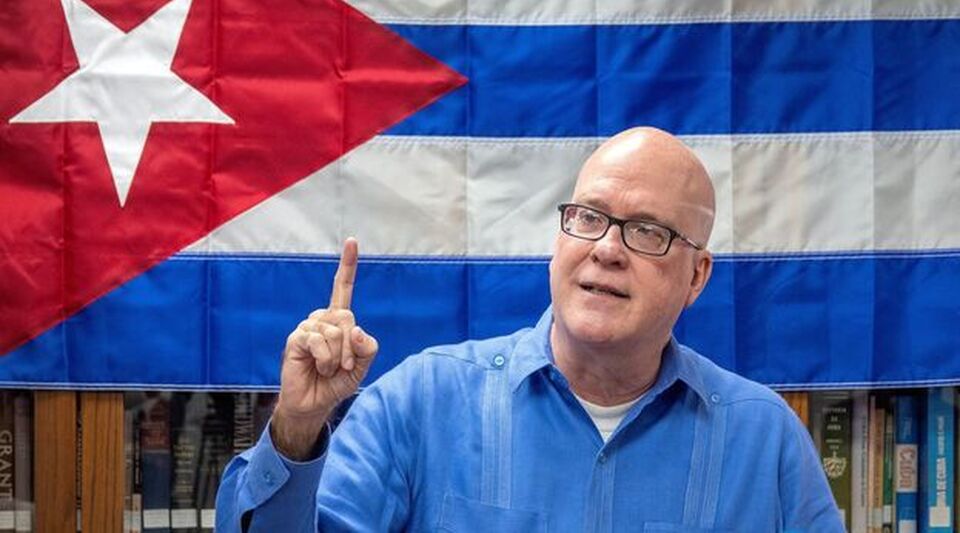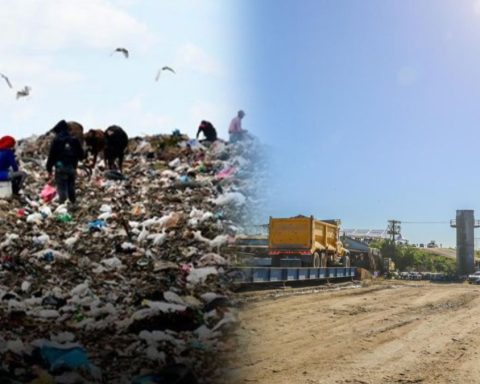Afro-Mexican women from 12 entities demand an end to racism and improve their living conditions
Angeles Cruz Martinez
Newspaper La Jornada
Tuesday, October 25, 2022, p. 6
The inequality that prevails in the country is more critical in the Afro-descendant population and evident in basic issues. Municipalities with 40 percent or more people in this sector lack a room for the kitchen and only 25 percent of women obtain some economic income, which is insufficient to cover their needs, while among children 14.2 percent do not have to neither of his parents.
Yesterday the resolutions of the National Meeting of Afro-Mexican Women were announced, which lasted three days and had the participation of 31 people from 12 states of the Republic. It became clear that the Afro-descendant and Afro-Mexican population It is not only on the coasts of Guerrero and Oaxaca
.
Before authorities from various agencies of the federal government, they demanded an end to racism and improve life opportunities for these communities, a third of which survive with the remittances that their relatives send from abroad.
They commented on the results of the census carried out by the Inegi, which identified that more than 2.5 million Afro-Mexican, black or Afro-descendant people live in Mexico, of which almost 1.3 million are women. Among other data, they highlighted that the national average of living children per woman is 2.1, but in Afro communities it ranges from 3.3 to 5 children per woman.
Regarding access to health services, 51 percent of the population is a beneficiary of the Mexican Institute of Social Security, but in places where the majority of its inhabitants are Afro-descendants, the percentage is from 3.4 to 6 percent.
Regarding the educational level, on a national scale, illiteracy affects 4.7 percent of the population, on average. In the municipalities with more than 70 percent Afro-descendants, it is 18.2 percent, and of those who go to school they barely finish primary school and, if anything, the first year of secondary school.
Based on these data, the participants in the meeting prepared a statement with requests for the different government agencies, including the allocation of specific budgets for Afro-descendant communities, policies with a multicultural and gender perspective to eradicate racial discrimination in all levels, and guarantee access to education, health and work.













